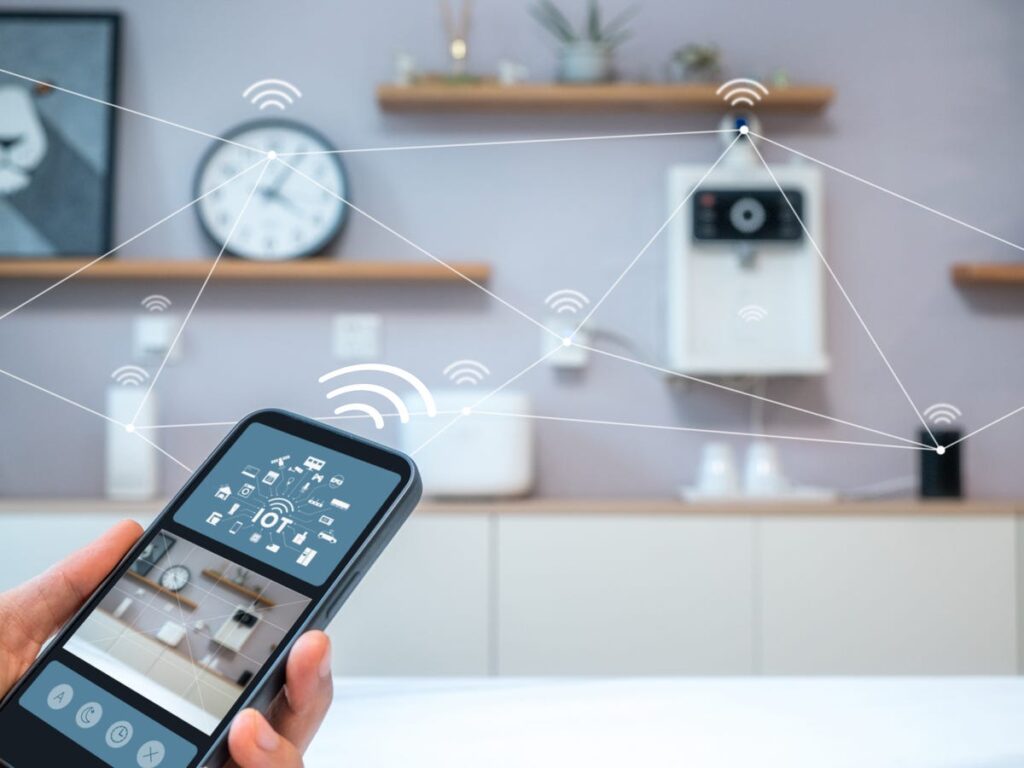
Smart Home Energy Management: Revolutionizing Modern Living
In recent years, Smart Home Energy Management has emerged as a pivotal component of modern living. With the increasing importance of sustainability and energy efficiency, managing energy consumption through smart technology has become a priority for many households. This article delves into the intricacies of smart home energy systems and their impact on contemporary life.

What is Smart Home Energy Management?
At its core, Smart Home Energy Management involves the use of intelligent systems to monitor, control, and optimize energy usage within a home. By integrating various technologies, homeowners can achieve greater energy efficiency, reduce costs, and contribute to environmental sustainability.
The Components of Smart Home Energy Systems
A smart home energy system typically includes several components:
- Smart Meters: These devices provide real-time data on energy consumption, enabling users to monitor usage patterns.
- Energy Management Software: This software analyzes data and suggests ways to optimize energy consumption.
- Smart Appliances: Appliances that can be programmed to operate during off-peak hours, reducing energy costs.
Benefits of Smart Home Energy Management
Energy Efficiency
One of the primary benefits of smart home energy systems is increased efficiency. By optimizing energy use, these systems help reduce waste and lower utility bills. With features like programmable thermostats and smart lighting, homes can automatically adjust energy use based on occupancy and time of day.
Cost Savings
By reducing energy consumption, homeowners can significantly cut down on their energy bills. Smart technology allows for better energy pricing by shifting usage to off-peak times when electricity is cheaper.
Environmental Impact
Reducing energy consumption also means reducing the carbon footprint of a household. By integrating renewable energy sources, such as solar panels, smart homes can further minimize their environmental impact, contributing to a more sustainable future.
Integrating Smart Home Technologies
To fully leverage the benefits of smart home energy management, integrating various technologies is essential. This includes the use of smart thermostats, lighting, and appliances that can communicate with each other and adapt to changing conditions.
For more insights on integrating technology in the home, check out this article on smart home automation.
Challenges and Considerations
While the benefits of smart home energy management are significant, there are challenges to consider:
- Initial Costs: The upfront investment in smart technology can be high, though long-term savings often offset these costs.
- Privacy Concerns: As with any connected technology, data privacy and security are important considerations.
- Technology Integration: Ensuring that all devices communicate effectively can be complex and may require professional installation.
The Future of Smart Home Energy Management
The future of smart home energy systems looks promising, with advancements in technology paving the way for even greater efficiency and convenience. As artificial intelligence (AI) and machine learning continue to evolve, these technologies will likely play a crucial role in optimizing energy management processes.
The growing trend of smart home integration with platforms like Alexa illustrates how voice-activated systems are becoming commonplace in managing home energy. For a detailed look at such integrations, explore this smart home integration guide.
Renewable Energy Integration
Integrating renewable energy sources into smart home systems will become increasingly important. By harnessing solar, wind, or other renewable energies, smart homes can reduce dependency on non-renewable sources, leading to a greener planet.
Conclusion
Smart home energy management represents a significant leap forward in the way we consume and manage energy. By embracing these technologies, homeowners can enjoy increased efficiency, reduced costs, and a more sustainable lifestyle. As technology continues to advance, the potential for smart energy systems to revolutionize home energy management is immense.

FAQs
What is a smart home energy system?
A smart home energy system uses technology to monitor, control, and optimize energy consumption in a home, often incorporating smart meters, appliances, and energy management software.
How can smart home technology reduce energy costs?
Smart home technology reduces energy costs by optimizing energy usage, shifting consumption to off-peak hours, and providing real-time data for more informed energy decisions.
Are smart home energy systems environmentally friendly?
Yes, smart home energy systems are environmentally friendly as they reduce energy waste and can integrate renewable energy sources, thereby lowering the home’s carbon footprint.
This article contains affiliate links. We may earn a commission at no extra cost to you.